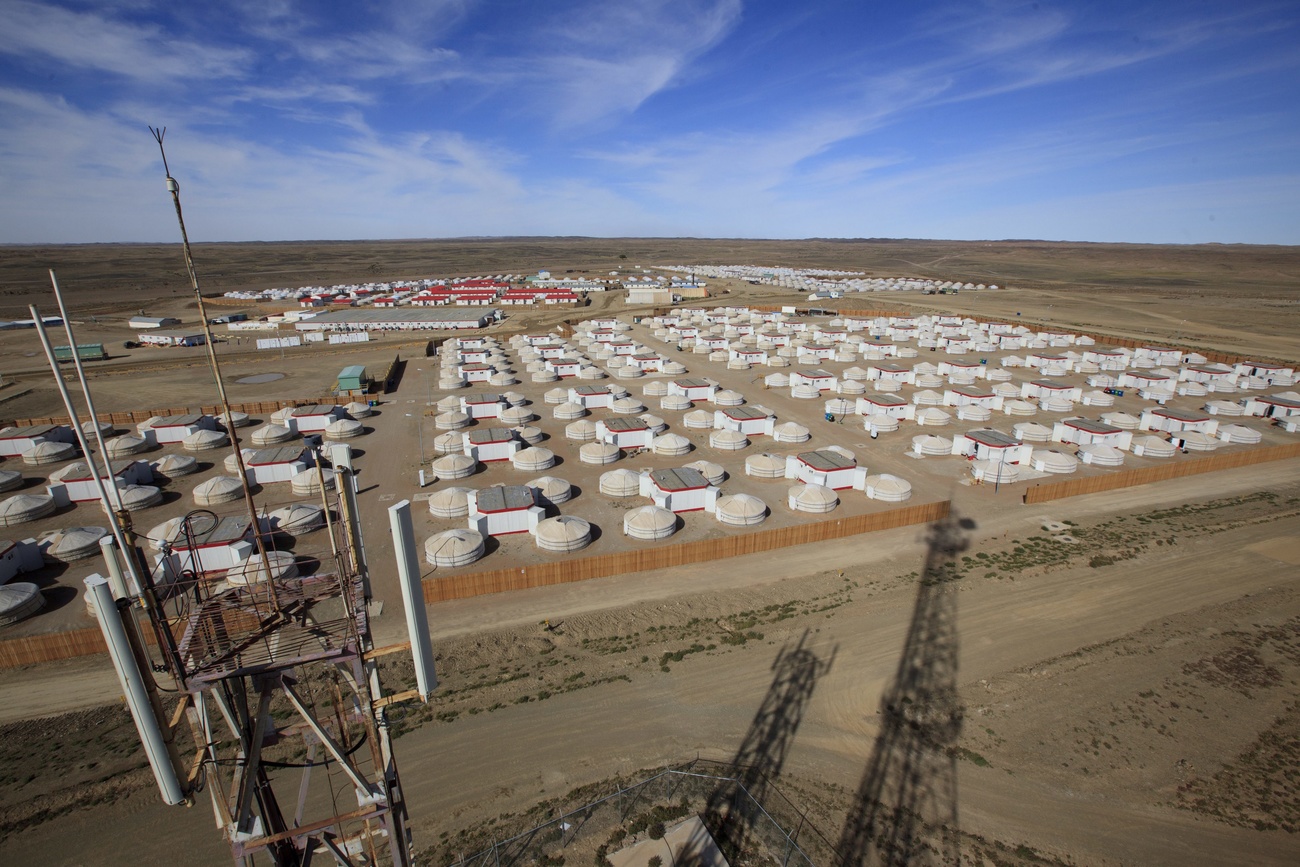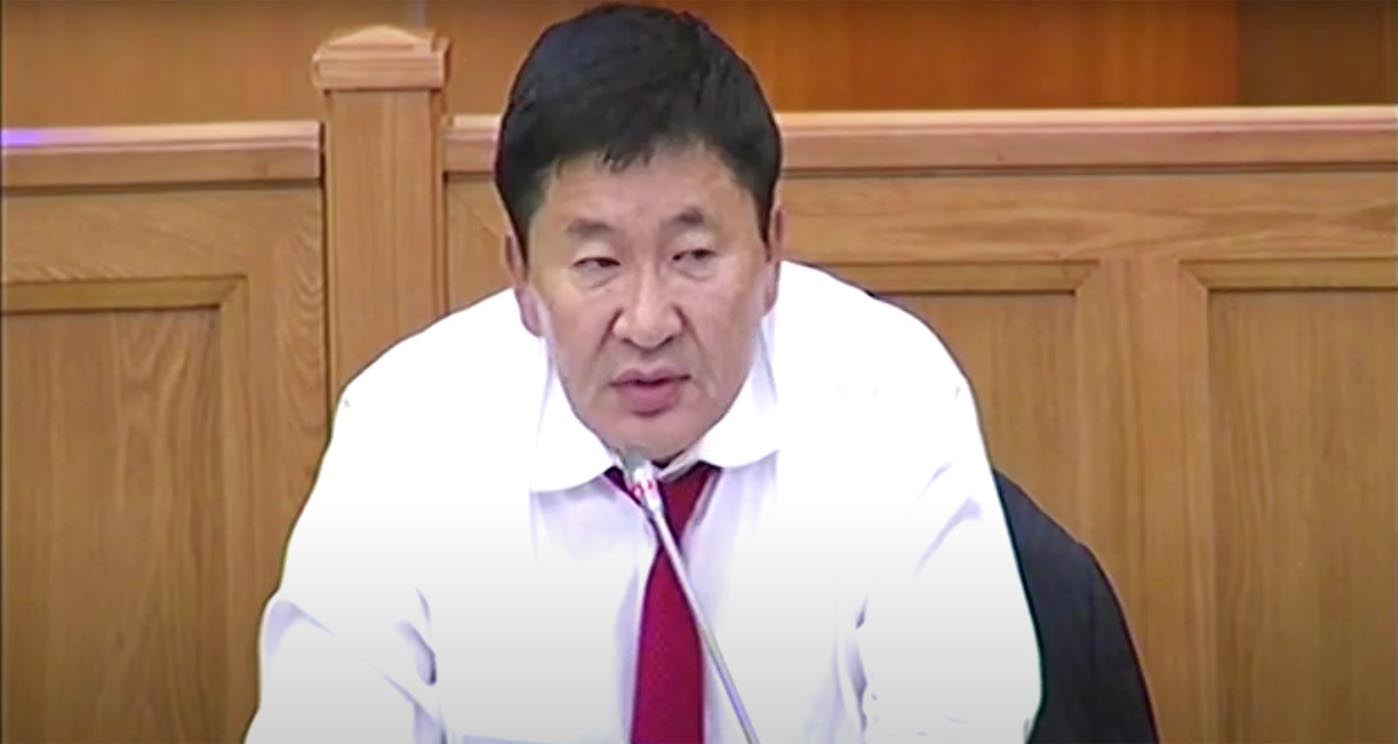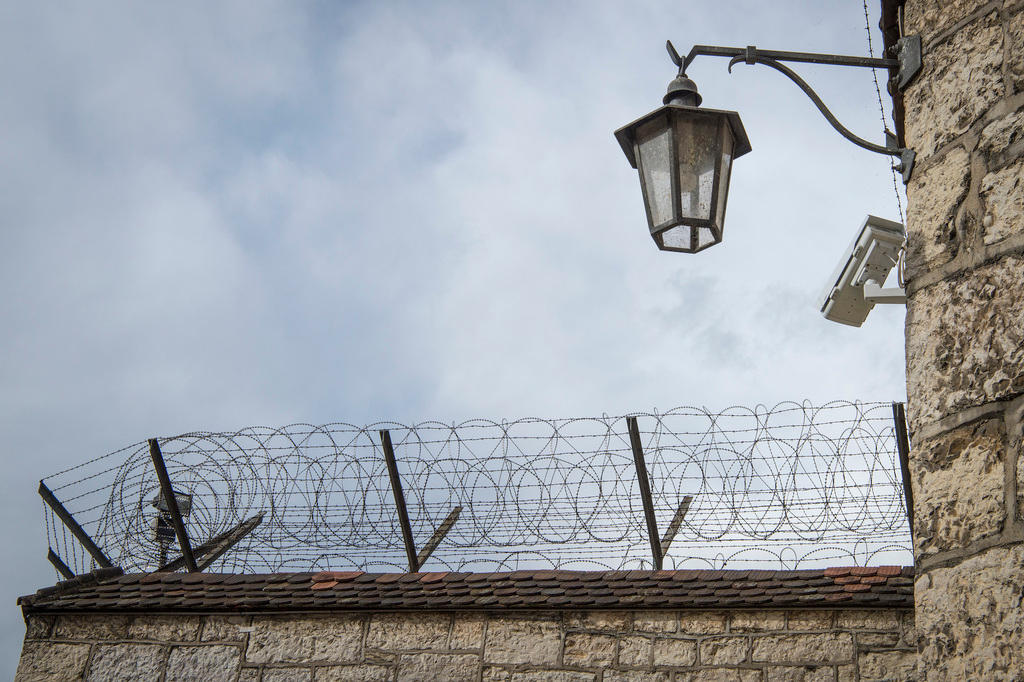Candidates in Mongolian elections face Swiss charges

Mongolia held parliamentary elections on June 24. Two of the candidates are currently under investigation by Swiss prosecutors, who suspect corruption linked to the granting of rights for a massive copper and gold mine in the Asian country.
Politically, the two are running in different provinces. Sangajav Bayartsogt, the former minister of finance, is representing the Democratic Party in the north of the country. Borkhuu Delgersaikhan, a businessman active in the mining sector, is running in the Western Gobi province.
In their various appearances in the run up to the elections, both put themselves forward in the best possible light. But as the Swiss Office of the Attorney General (OAG) has confirmed to swissinfo.ch, a legal case in the works here suggest they share a tarnished track record.
Mysterious deals
Between December 2007 and July 2008, Delgersaikhan allegedly received some $45 million (CHF42.6 million) into his Zurich bank account, the money sent by a mysterious Chinese investor. From this amount, he then allegedly paid €8.2 million (CHF8.75 million) into a Credit Suisse account belonging to Bayartsogt.
What were the transactions about? A few days beforehand, Bayartsogt had taken up his position as minister of finance, and a few months after, he signed a huge contract with the British-Australian Rio Tinto group, handing them the rights to exploit the Oyu Tolgoi mine in the south Gobi Desert.
It was a good deal for the investors, who reckoned the mine would eventually become one of the world’s biggest reservoirs of copper and gold.
But: in 2013, the Offshore Leaks report revealed that Bayartsogt was the holder of Swiss bank accounts. Embarrassed, the politician was forced to publicly apologise; he then resigned from his job as vice president of the Mongolian parliament.
In an effort to play down the affair, he paid some CHF2.1 million to Delgersaikhan. But the move had an unexpected effect: it raised red flags at the latter’s Zurich bank, which reported the transaction to Swiss authorities.
Delgersaikhan told swissinfo.ch that there is no legal case pending against him in Switzerland. Upon request, his lawyer sent the following statement: “In a ruling on 23.12.2019, the Office of the Attorney General decided that the charges against Mr Delgersaikhan of money laundering and corruption should be dropped, and it unblocked the accounts and assets that had been frozen in relation to the case. The case has been closed – something already announced in a ruling on 23.10.2019. We are waiting on a dismissal ruling, which will serve as an acquittal. As long as the case is not definitively closed, we can’t make any further comments.” The lawyer added that “because of new allegations of false information provided on a document (from 15 years ago), a small part of the assets have been retained to pay for the sentence order. The new allegation was announced at the same time that the other case was ended. From our point of view, this was done solely in order to be able to place the costs for the procedure on my client, without having to reimburse him”.
Swiss courts take up the case
It wasn’t until 2016 that the Swiss justice system woke up. In June that year, a group of Mongolian lawyers launched a legal case in Switzerland against Bayartsogt and others – a case revealed by the SonntagsZeitung newspaper. In turn, Credit Suisse then became worried and reported Bayartsogt – its client – to the Money Laundering Reporting Office Switzerland (MROS).
In August 2016, federal prosecutors finally opened an investigation into money laundering and froze almost $1.85 million in Delgersaikhan’s accounts – suspecting him of acting as an intermediary in corrupting Bayartsogt in the lead-up to the allocation of rights to the Oyu Tolgoi mine.
Delgersaikhan contested the freezing of his accounts at the Federal Criminal Court, then at the Federal Supreme Court, before his appeal was rejected in 2018. For the judges, there was no question: “the fact that such a considerable sum is paid to the minister of a foreign country, immediately after he has taken up his position, is suspicious from the outset,” they wrote in their judgement. Such movements of money are “typical” of laundering schemes, they said.

Contacted by swissinfo.ch, federal prosecutors said that their investigation, originally brought against unknown subjects, was widened over time to include the names of the two Mongolian parliamentary candidates – Bayartsogt and Delgersaikhan – as well as a third citizen from the Asian country.
And in April 2020, the prosecutors announced a “sentence order” – a type of criminal judgement – against Delgersaikhan, accusing him of falsifying documents. The businessman rejected this, and will take his case before the Federal Criminal Court.
“This sentence order is the last hope of the Attorney General to keep a case going against my client,” says Manuel Bader, the Zurich lawyer of Delgersaikhan. Until now, he says, all of the charges brought against his client have gone up in smoke.
Criminal investigations in Mongolia
In Mongolia, too, anti-corruption authorities have shown interest in the two politicians and their 2009 dealings. The OAG has confirmed that Mongolia filed a request for legal assistance from Switzerland, which federal prosecutors answered in 2019.
However, the status of investigations in Mongolia is unclear. Bayartsogt was arrested for the first time in 2018, released, then briefly detained again in 2019, according to Reuters. The Mongolian Independent Authority Against Corruption did not respond to queries.
The only certainty is that throughout the election campaign, both candidates were keen to play down the affair. On May 30, Delgersaikhan allegedly told public television that the OAG’s investigation had been shelved and that he had been cleared by Swiss prosecutors – a claim that contradicts what the OAG told swissinfo.ch on June 9, 2020. The presumption of innocence applies to the parties under investigation.
Responding to the statement of Delgersaikhan’s lawyer, the OAG has reaffirmed its position: “firstly, the evaluation of a document should be done on the basis of all the content, and not only ‘pieces’”, a spokesperson told swissinfo.ch.
“The response of the OAG on June 16 remains valid, including the following declaration: ‘to date, and in this context, none of the criminal proceedings have been dropped’.”
A Mongolian citizen, meanwhile, who asked to remain anonymous, frets about the rule of law in his country: “Switzerland must help us to make the truth known, to the world and to our people. Otherwise our young democracy will die, and we will end up losing our sovereignty. If these people reach the upper echelons of politics, Mongolia will be in grave danger.”
This article was slightly modified on June 30, 2020.
* Karine Pfenniger works for Gotham City, a newsletter founded by investigative journalists Marie Maurisse and François Pilet. The newsletter specialises in economic crime.
Translated from French by Domhnall O’Sullivan

In compliance with the JTI standards
More: SWI swissinfo.ch certified by the Journalism Trust Initiative










You can find an overview of ongoing debates with our journalists here . Please join us!
If you want to start a conversation about a topic raised in this article or want to report factual errors, email us at english@swissinfo.ch.